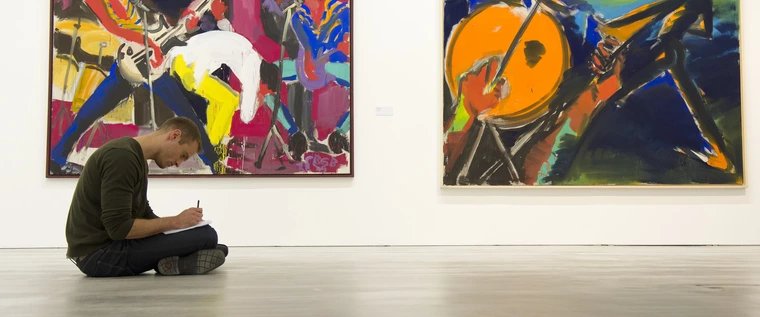
Top Event
The territory of modern-day Tanzania has a chequered history. On account of its position on the Indian Ocean, the communities there became part of transregional trading networks early on.
During German colonial rule, what is now Tanzania was part of the colony known as “German East Africa” (1884/85–1918/19); it subsequently became a British colony called “Tanganyika” (until 1961). The impact of the oppression, exploitation, and violence perpetrated in the colonial period can still be felt today. During colonialism, thousands of cultural belongings were brought to Germany. More than 10,000 “objects” from the territory of modern-day Tanzania are held by the Ethnologisches Museum in Berlin.
Special Exhibition
What (hi)stories do these cultural belongings tell?
A variety of narratives, perspectives, and cultural belongings are used to illustrate the centuries of entanglements that are part of the history of today’s Tanzania. The exhibition focuses particularly on the period of colonial oppression and exploitation. Colonial narratives are viewed in a critical light and racist attributions are called into question.
The exhibition was developed collaboratively and presents multiple stories and perspectives. The curators from Dar es Salaam, Songea, and Berlin as well as representatives of communities in Tanzania get a chance to share their perspectives in texts and filmed interviews. Works by East African artists cast a critical light on the colonial viewpoint. The cultural belongings and the various perspectives are presented in an exhibition design made from teak and bamboo, which both protects the “objects” and enables visitors to experience their aesthetic and sensual qualities.
‘City Research’: A Short Film Project
An integral component of the exhibition is the international schools project “City Research”. Two groups of school students – one in Berlin, the other in Dar es Salaam – set out to explore their respective cities and examine the traces of colonialism still discernible today. The project culminated in a number of short films devoted to buildings, street names, and places; these can be viewed in the exhibition.
The exhibition is a collaboration between the National Museum of Tanzania, the Ethnologisches Museum, and the Zentralarchiv of the Staatliche Museen Berlin – Stiftung Preußischer Kulturbesitz and the Stiftung Humboldt Forum im Berliner Schloss.
Events
A varied programme of events will complement the exhibition Histories of Tanzania. It will present contemporary artistic approaches from Tanzania and the Tanzanian diaspora that not only reflect on the long shadows cast by the colonial era in artistic and critical terms, but also formulate visions of the future that go beyond the colonial narrative.
Tanzanian artists from the fields of film, dance, photography, media art, and music will provide insights into current debates, aesthetics, and strategies of cultural (re)appropriation.
- The exhibition is free of charge.
- Languages: German/English
- Temporary exhibition space, 2nd floor in the Humboldt Forum
- Opening hours: Exhibitions: Wednesdays to Mondays from 10:30 - 18:30. Tuesday is a regular closing day.
Additional information
Accessibility
Public transportation:
U Museumsinsel (U5) 1 min walk
S/U Alexanderplatz 15 min walk
S Hackescher Markt 10 min walk
Lustgarten 100, 300, N5 1 min walk
Berliner Schloss / Humboldt Forum 147 1 min walk
Bus stops are available in Rathausstraße.
Stopping time from 9 - 22.30



